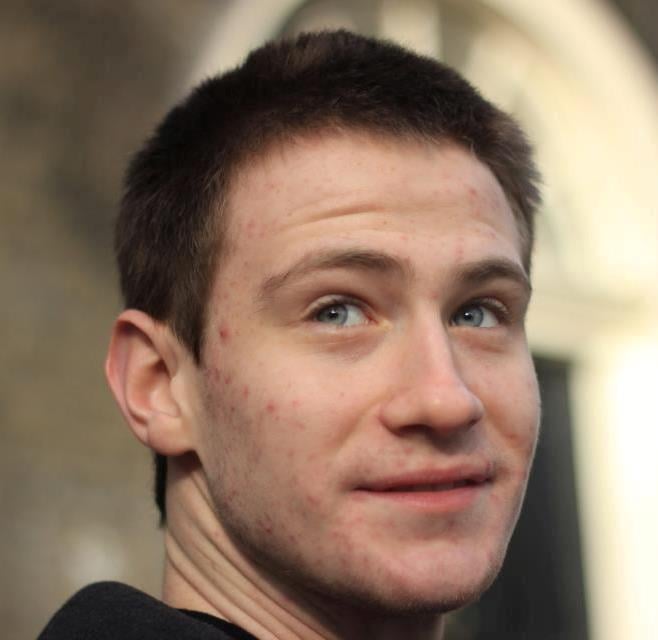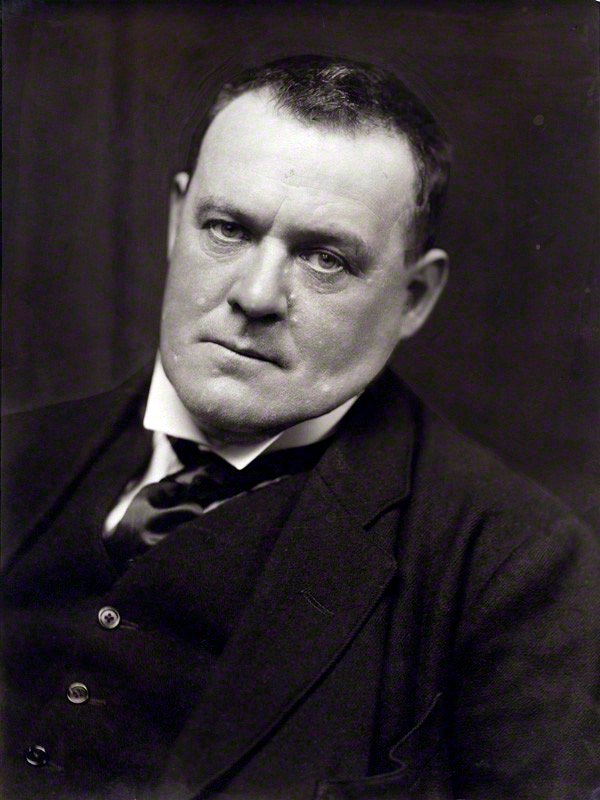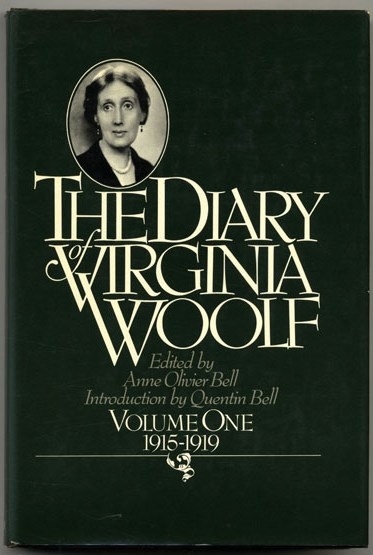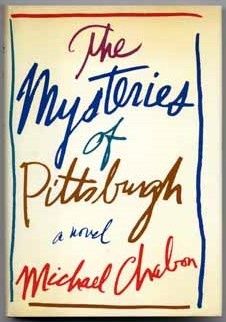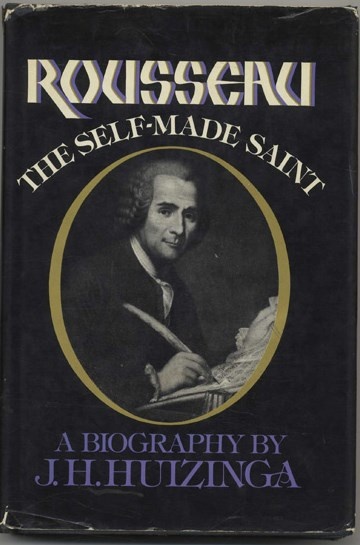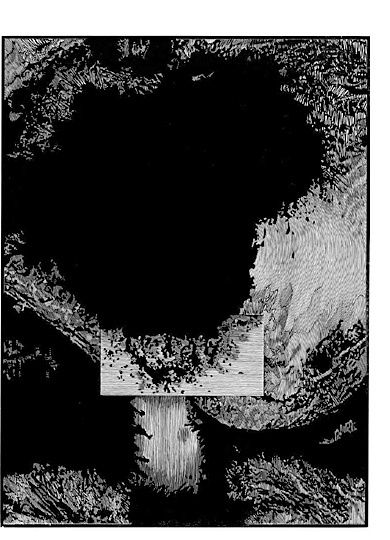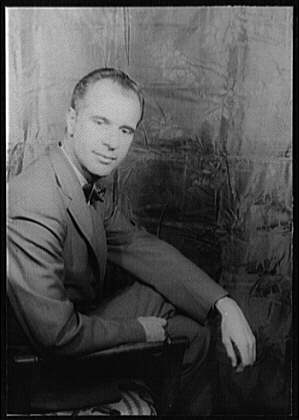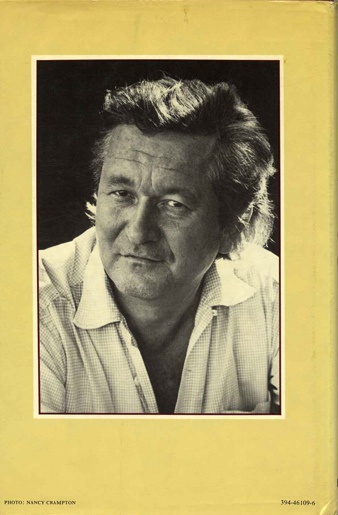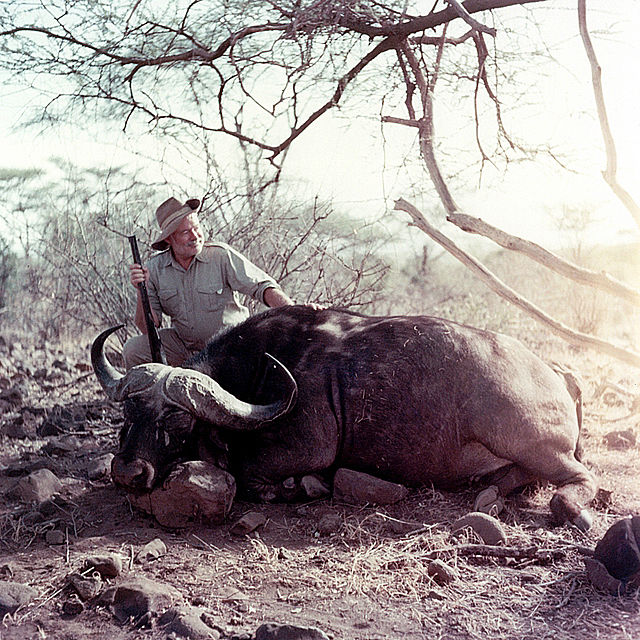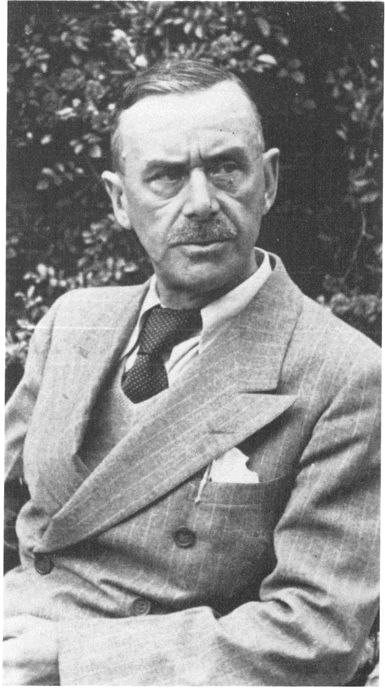As a man of letters, Hilaire Belloc epitomizes diversity of expression. He was a poet, journalist, novelist, historian, lecturer, politician, essayist, and critic. His boisterous expression earned him the nickname “Old Thunder,” as he used books, articles, pamphlets, and podia to get his many messages across. Yet for his posterity, writing some 150 books has perhaps done more harm than good. It has left decades of readers with the question: Where does one begin with such an oeuvre? In the end, it would be foolish to neatly summarize Belloc’s various and complicated writings, but it would be even more foolish to ignore them altogether.
us toll free: 1-800-948-5563 international: +1 (843) 849-0283 UK: +44 (0) 1334 260018




